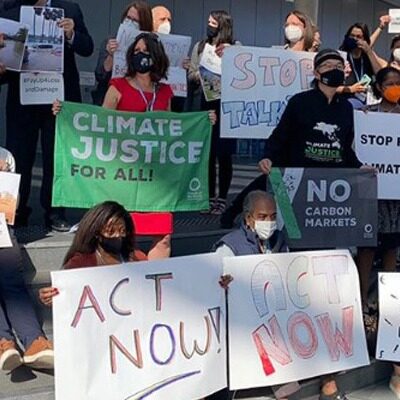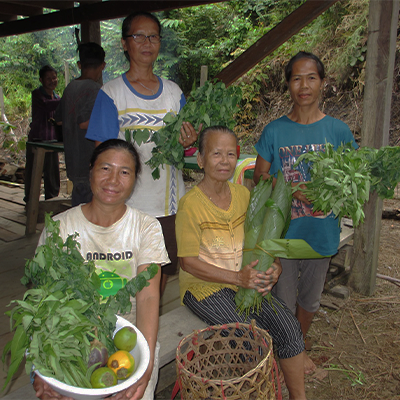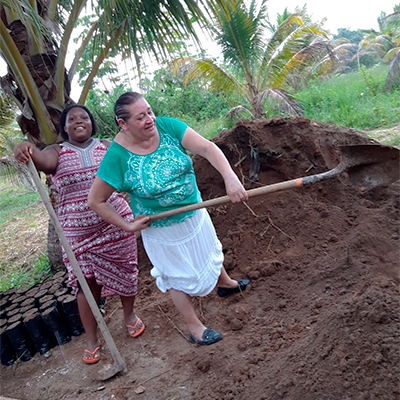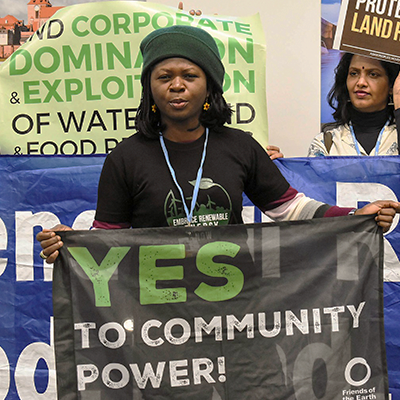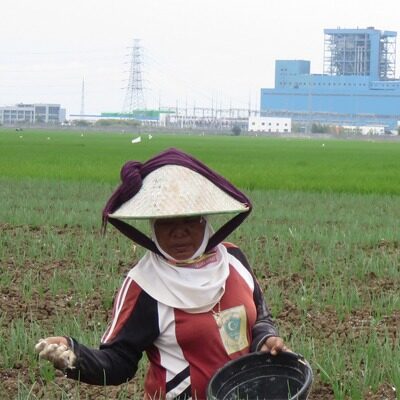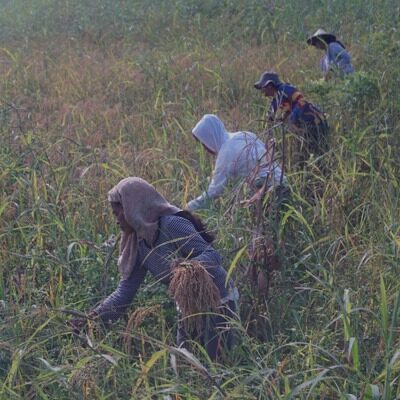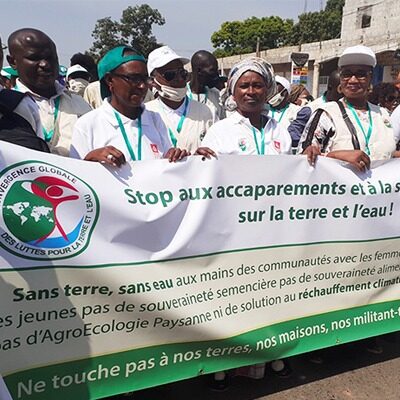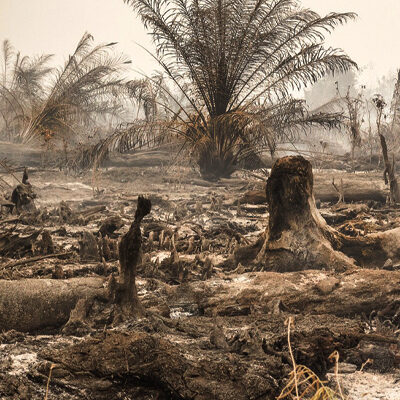
Protecting life in all its different forms
In a context where scientists state that the natural world is in a dire situation and that “human actions threaten more species with global extinction now than ever before,” the 15th Conference of the Parties (COP15) to the United Nations Convention on Biological Diversity (CBD) is taking place in Montreal, Canada, from 7-19 December. There, governments will seek to agree…



